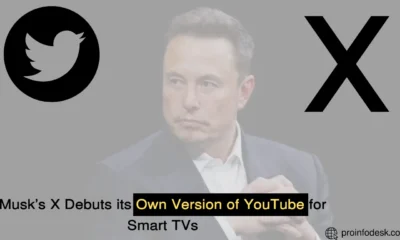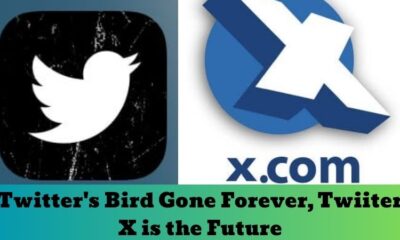Tech
LiFi vs WiFi: Which One is Better?
What is LiFi
LiFi, a new revolution in the wireless connectivity is an abbreviation of Light Fidelity. It is also a wireless technology used to transmit the data. But it is different from WiFi. WiFi uses radio waves to transmit Data but LiFi uses Light Signals. LiFi relies on special LED bulbs which transfer the data by using changes in light Intensity. The speed of LiFi is far more than WiFi.
How Does LiFi Work?
Imagine a world where light becomes data. Wi-Fi is simple but powerful; we all know how a lightbulb works. When an electrical current is applied to an LED light bulb, a constant stream of light is emitted, which we see as illumination. Since LED bulbs are electronic devices, the current and light can be modulated at extremely high speeds. This can be detected by a photo detector and converted back to electrical current, carrying data. This is the nervous system of an internet revolution.
Wi-Fi doesn’t replace your internet service provider. You’ll still need them to get the Internet to your home or office via wires. However, once you have that high-speed connection, you can deploy your fast, secure Wi-Fi network using power over ethernet or power line communications.
Wi-Fi offers greater density than many other radiofrequency solutions. For example, if you have an average Wi-Fi router in your office that provides up to 100 megabits per second and 15 people are connected to that router, it means that you might only be able to access a few megabits per second. However, with a Li-Fi network of lights that offer 42 megabits per light, even if you had only eight lights in your room, those same 15 people could share more than 300 megabits per second. That’s dense and fast wireless communication.
Li-Fi is also bi-directional, full-duplex, and high-speed. Data is transmitted and received at the same time, resulting in a really fast and reliable user experience, especially when doing things like Skype calls, video streaming, and virtual reality. Li-Fi is fully networked, meaning all the lights in your Li-Fi network can speak to each other and handover as you move around the space. Each light even has its own IP address, which means that you can offer location tracking and geofencing within your network.
Welcome to a world with unprecedented data and bandwidth. Be part of the light revolution.
Li-Fi vs Wi-Fi
If we compare, LiFi is 100 times faster than WiFi and that’s amazing.
Wi-Fi may soon face a strong contender in the form of Li-Fi, a technology that uses light instead of radio waves to provide wireless connectivity.
The Institute of Electrical and Electronics Engineers (IEEE) standards body has introduced the IEEE 802.11bb light communication standard for Li-Fi, which promises speeds up to 100 times faster than Wi-Fi.
Li-Fi has many advantages such as reduced interference, higher security, and the ability to easily integrate into existing light fixtures.
Companies like Signify and pureLiFi have made strides in this space with data beaming bulbs and light antenna one systems, respectively.
The Light Antenna One claims speeds of over 1Gbps and offers widespread Li-Fi adoption.
With download speeds reaching 224Gbps, Li-Fi has the potential to outperform Wi-Fi 7. As Li-Fi continues to advance, it could soon become a transformative technology in the realm of wireless connectivity.
Tech
WhatsApp’s New Audio Call Bar Feature Simplifies Calling Experience

Digital platforms like WhatsApp work hard to improve user experience. Meta, WhatsApp’s parent company, has introduced a new feature to enhance calling. Let’s explore this addition and how it helps users.
New Whatsapp Feature:
WhatsApp’s latest feature is the Audio Call Bar feature. It aims to make calls easier for users. It’s first available to select users and will come to iOS soon.
How It Works:
When users make a call, they’ll see a new call bar. This design lets users do other things while on a call. Users can mute or end calls from the interface. When you start a call, you’ll see a new call bar at the top of the app. It stays there even if you switch to another app, making it easier to do other things while you’re on a call. You can also mute or end the call right from this bar, which saves you time and makes things simpler.
Meta’s Improvement:
Meta is committed to making WhatsApp better. They want to make it a top communication platform. It shows their aim to connect people through easy communication.
Seamless Communication:
WhatsApp’s aim is to make communicating easy. The new call bar is part of this. It keeps up their promise to help users communicate easily.
Other WhatsApp Latest Features:
Along with the call bar, there are other new whatsapp features. Apple users have passkeys for secure logins. WhatsApp’s AI assistant also does more now, like generating info and images. All these updates make using WhatsApp better.
Tech
A New Era in Space Exploration: Pakistan’s First Lunar Mission Takes Flight

In a historic move that marks Pakistan’s debut in lunar exploration, the country’s first satellite mission named ICube Qamar was successfully launched aboard China’s Chang’e 6 mission from Hainan, China. This monumental event not only underscores the burgeoning space alliance between Pakistan and China but also signifies a pivotal moment in global lunar research efforts.
The Chang’e 6 mission, renowned for its ambitious goal to retrieve samples from the far side of the moon, took to the skies on a Long March-5 rocket from the Wenchang Space Launch Site. This mission is poised to carve a new chapter in lunar exploration by focusing on areas of the moon that have remained largely unexplored by previous missions.
Exploring the Moon’s Mysterious Far Side
China’s venture to explore the enigmatic far side of the moon showcases the nation’s advancing capabilities in space technology. The Chang’e 6 mission is designed to spend two days on the lunar surface, with plans to gather around 2 kilograms (4.4 lb) of lunar samples. These samples are anticipated to shed light on the moon’s composition and uncover secrets about its enigmatic past.
What sets this mission apart is its emphasis on collaboration. The integration of Pakistan’s ICube Qamar satellite into the mission exemplifies a global collaborative effort in the quest for lunar exploration. ICube Qamar, representing Pakistan’s inaugural venture into moon exploration, is poised to play an instrumental role in gathering data from the lunar surface, enhancing our collective understanding of the moon.
A Milestone of Collaboration
The mission’s successful launch has been greeted with widespread acclaim and enthusiasm, especially within Pakistan, where the Prime Minister has celebrated this achievement as a landmark moment for the country’s aspirations in space exploration. This event underscores the profound partnership between Pakistan and China in pushing the frontiers of space technology and exploration.
The Chang’e 6 mission, featuring payloads from various countries, serves as a testament to the spirit of international cooperation that fuels our exploration of the cosmos. Through shared resources, knowledge, and visions, nations are unlocking extraordinary possibilities in space exploration, paving the way to unravel the mysteries of our universe collectively.
Looking Ahead
The success of the Chang’e 6 mission, with Pakistan’s ICube Qamar onboard, heralds a new era of international cooperation in space exploration. It demonstrates the immense potential of collaborative missions in advancing human knowledge and pushing the boundaries of what is possible.
As we await the return of the Chang’e 6 probe with samples from the moon’s far side, we stand on the brink of new discoveries that could redefine our understanding of the moon and beyond. This mission is not just a triumph for Pakistan and China but a victory for the international community’s collective endeavor to explore the unknown frontiers of space
Tech
Musk’s X Debuts its Own Version of YouTube for Smart TVs
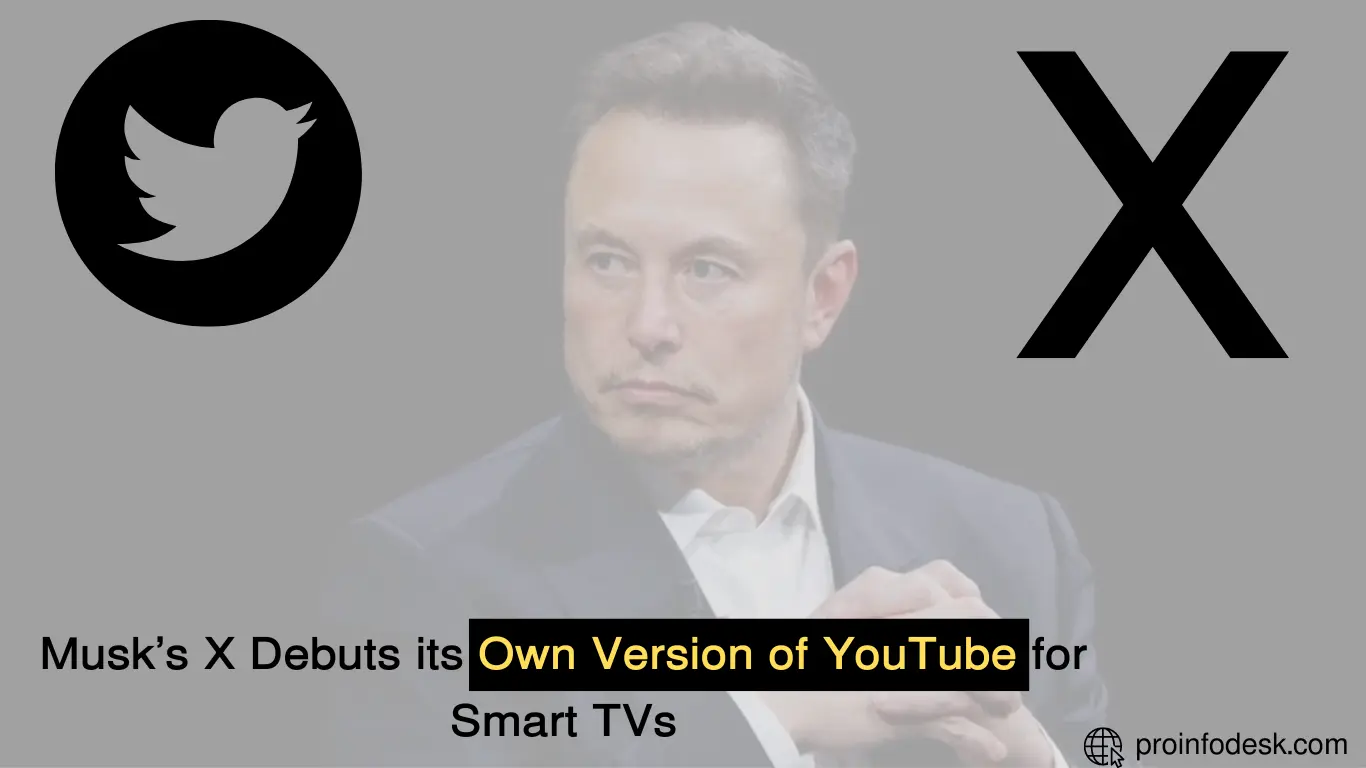
Overview:
Musk’s brainchild, X, is ready to roll out its own television application compatible with Amazon and Samsung smart TVs. With eyes set on rivalling YouTube, the new app, set for launch next week, promises to intrigue users with longer videos on sizeable screens. Musk envisages luring digital influencers and advertisers to X, by providing a platform mirroring YouTube’s TV app. As it grows its footprint in the streaming video sector, X is also primed to battle with platforms like Twitch, Signal, and Reddit. This attempt underlines X’s ambitious transition from a text-based messaging platform to a video-focused arena.
In-depth Insights:
- Musk’s venture, X, is about to usher in its own TV app for Amazon and Samsung smart TVs, to pose a challenge to YouTube.
- The upcoming app, scheduled for release next week, is aimed at captivating users with prolonged videos on expanded screens.
- By imitating the model of YouTube’s TV app, X is geared to captivate the attention of digital influencers and advertisers.
- With a goal to vie with platforms such as Twitch, Signal, and Reddit, Musk envisions a new realm for X.
- Marking its transition to video-based content, X had earlier declared its move to imitate TikTok’s infinite scroll feature.
- Formerly known as Twitter, X has a history of launching multiple TV apps.
- As X aims to dominate the video streaming world, it focuses on celebrities, digital influencers, and video game streaming.
- X has successfully initiated contracts with media personalities Don Lemon and Tucker Carlson for exclusive shows.
- X has been motivating content creators to shift their video content to its platform, guaranteeing increased ad revenue.
- Mr. Beast, a renowned YouTuber, contributed to X’s testing phase by uploading a full-length video and revealing his earnings.
- With a reported decline in user engagement by 30% and loss of significant advertisers, X is grappling to retain its user base and advertising partners.
- Musk’s ownership of X has witnessed a substantial devaluation in its overall assessment.
Source: Fortune.com
-

 Tech3 months ago
Tech3 months agoWhatsApp’s New Audio Call Bar Feature Simplifies Calling Experience
-
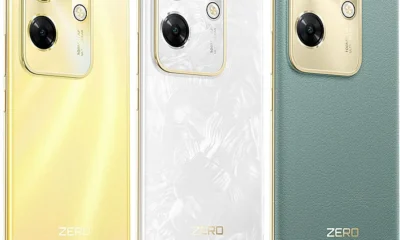
 Phones3 months ago
Phones3 months agoInfinix Zero 30 (4G vs. 5G): Specifications, Features, and Prices in Pakistan
-
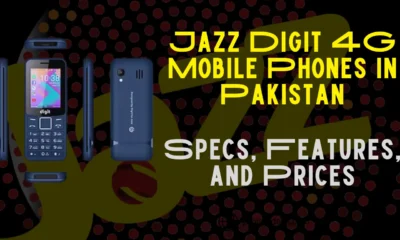
 Phones3 months ago
Phones3 months agoEverything You Need to Know About Jazz Digit 4G Mobile Phones in Pakistan
-

 Mobile Packages3 months ago
Mobile Packages3 months agoHow to Check Your Telenor, Zong, Ufone, Jazz SIM Number
-
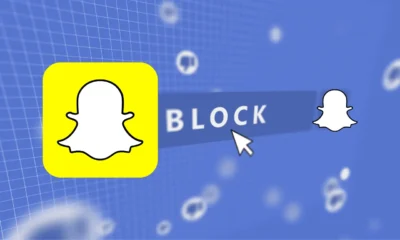
 Tech3 months ago
Tech3 months agoGuide to Blocking and Unblocking Users on Snapchat
-
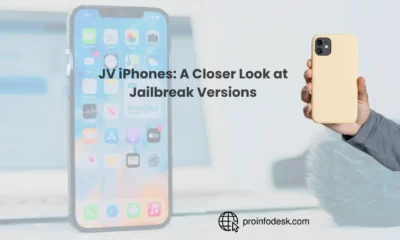
 iPhone3 months ago
iPhone3 months agoExploring JV iPhones: Prices, Risks, and Rewards in Pakistan
-
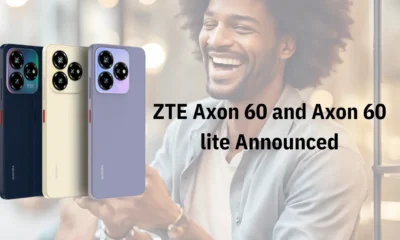
 Phones3 months ago
Phones3 months agoZTE Axon 60 Series: Affordable 4G Phones with Unisoc Chipsets
-

 Tech3 months ago
Tech3 months agoA New Era in Space Exploration: Pakistan’s First Lunar Mission Takes Flight

